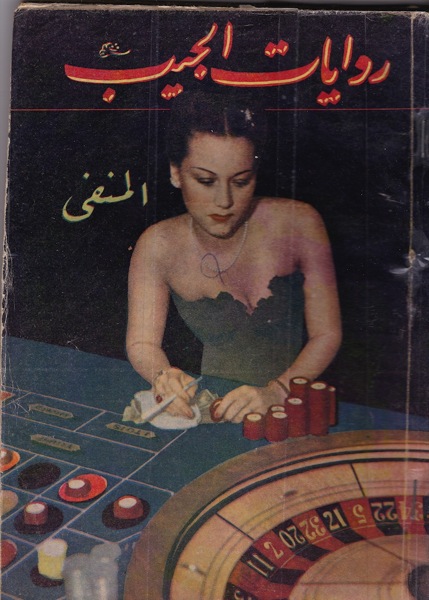August 20, 2014 | by Jonathan Guyer - The Paris Review
It’s tempting to ponder the relevance of crime novels in contemporary Egypt. The 2011 revolution began on National Police Day as a revolt against the fuzz. When President Hosni Mubarak breezed off eighteen days later, the police dusted, too, leaving behind a Wild West. Gun sales skyrocketed, matched by holdups and carjackings. In the following two years, thugs ran Cairo’s streets. Ever since General Abdel-Fattah Al-Sisi ousted former President Mohammed Morsi last summer, the coppers have been back in full force. White uniformed police operate checkpoints littered throughout the capital like discarded Coke cans. Cabbies are so scared that they’ve started wearing seat belts. And now, as authorities attempt to restore law and order, the crime genre is making a comeback.
Pulp emerged at the turn of the twentieth century. In the U.S., the twenties and thirties were the heyday of gumshoe thrillers, as Chandler and Hammett wrote detective stories for Black Mask. At the same time, Egyptian writers and translators produced thousands of unauthorized paperbacks, capped off with covers as lurid as their Western cousins’. In Cairo, each publishing house boasted hundreds of serials. Double Crime, for instance, a 1967 Arabic translation of the best-selling American novelist Norman Daniels, was number 420 in one publisher’s World Stories imprint. From Alfred Hitchcock and Charade to works of forgotten French and British novelists, anything and everything was translated into Arabic. The mass-market trend continued into the seventies, when sci-fi, Westerns, and spy novels began to outsell the tall tales of dizzying, melodramatic dames.
More

No comments:
Post a Comment